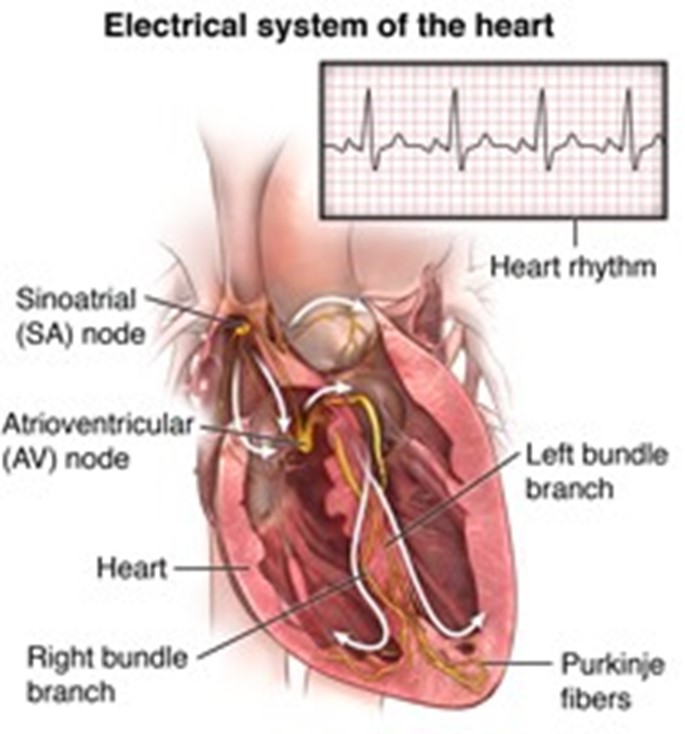A person who is stressed usually will have increased:
Resistance to infections.
Activity of the spleen and other lymphatic organs.
Number of lymphocytes in the blood.
Blood pressure.
The Correct Answer is D
A person who is stressed usually will have increased blood pressure because stress causes the body to release a surge of hormones that make the heart beat faster and the blood vessels narrow.
This can cause a temporary spike in blood pressure, which usually returns to normal once the stressor is gone.
Choice A is wrong because resistance to infections is not increased by stress.
In fact, chronic stress can weaken the immune system and make a person more prone to infections.
Choice B is wrong because the activity of the spleen and other lymphatic organs is not increased by stress.
The spleen and other lymphatic organs are part of the immune system, which can be affected by chronic stress in a negative way.
Choice C is wrong because the number of lymphocytes in the blood is not increased by stress. Lymphocytes are a type of white blood cell that help fight infections.
Chronic stress can reduce the number and function of lymphocytes and impair the immune response.
Nursing Test Bank
Naxlex Comprehensive Predictor Exams
Related Questions
Correct Answer is C
Explanation

The sinoatrial (SA) node is the natural pacemaker of the heart.
It generates electrical impulses that cause the heart’s chambers to contract, setting the heart rate.
The SA node typically generates 60–100 heartbeats per minute when a person is at rest.
Choice A is wrong because Purkinje fibers are part of the electrical conduction system of the heart that carries impulses to the ventricles.
They are not the primary source of impulses.
Choice B is wrong because the AV bundle (also called bundle of His) is another part of the electrical conduction system of the heart that connects the atria and the ventricles.
It is not the natural pacemaker of the heart.
Choice D is wrong because an atrioventricular node is a relay station between the atria and the ventricles that delays the electrical impulses from the SA node.
It can act as a backup pacemaker if the SA node fails, but it is not the normal pacemaker of the heart.
Correct Answer is D
Explanation
A person who is stressed usually will have increased blood pressure because stress causes the body to release a surge of hormones that make the heart beat faster and the blood vessels narrow.
This can cause a temporary spike in blood pressure, which usually returns to normal once the stressor is gone.
Choice A is wrong because resistance to infections is not increased by stress.
In fact, chronic stress can weaken the immune system and make a person more prone to infections.
Choice B is wrong because the activity of the spleen and other lymphatic organs is not increased by stress.
The spleen and other lymphatic organs are part of the immune system, which can be affected by chronic stress in a negative way.
Choice C is wrong because the number of lymphocytes in the blood is not increased by stress. Lymphocytes are a type of white blood cell that help fight infections.
Chronic stress can reduce the number and function of lymphocytes and impair the immune response.
Whether you are a student looking to ace your exams or a practicing nurse seeking to enhance your expertise , our nursing education contents will empower you with the confidence and competence to make a difference in the lives of patients and become a respected leader in the healthcare field.
Visit Naxlex, invest in your future and unlock endless possibilities with our unparalleled nursing education contents today
Report Wrong Answer on the Current Question
Do you disagree with the answer? If yes, what is your expected answer? Explain.
Kindly be descriptive with the issue you are facing.
